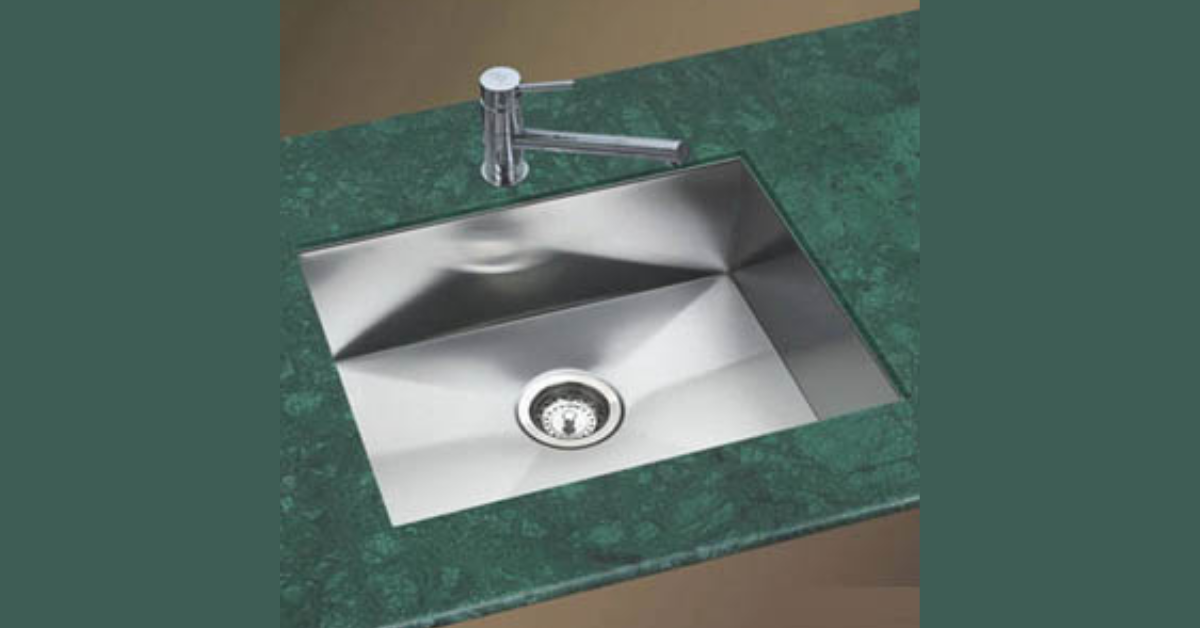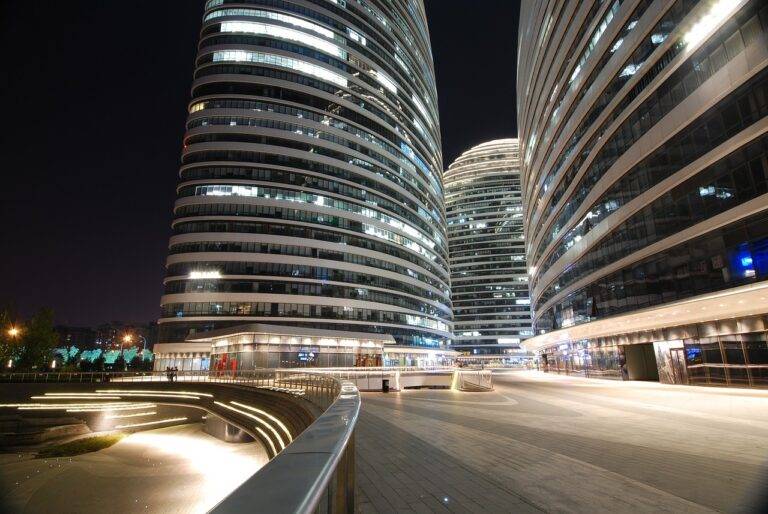The Ultimate Guide to Choosing the Best Kitchen Sink in Singapore
When designing or renovating your kitchen in Singapore, one of the most important (yet often overlooked) decisions is choosing the right Kitchen Sink Singapore. It’s more than just a basin for washing dishes—your sink influences how efficiently your kitchen runs, how easy it is to maintain cleanliness, and even the aesthetic appeal of your entire space.
In this detailed guide, we’ll explore the various types of kitchen sinks available in Singapore, what to consider before buying, popular materials, installation methods, and answers to common questions homeowners have when upgrading their kitchen.
Why the Kitchen Sink Matters
In Singapore, where kitchen space is often limited, especially in HDB flats and condos, choosing the right kitchen sink can significantly impact your cooking and cleaning routines. A good sink should combine:
Durability
Functionality
Space efficiency
Easy maintenance
Whether you’re an occasional cook or a daily meal-prep enthusiast, the right sink setup will make your life a lot easier.
Types of Kitchen Sinks in Singapore
1. Single Bowl Sink
A large, uninterrupted basin perfect for washing big pots, pans, and trays. It’s ideal for smaller kitchens and minimalist designs.
Pros:
More space to clean large cookware
Easier to install
Less expensive
Cons:
No separate area for rinsing or drying
2. Double Bowl Sink
Features two separate basins—use one for washing and the other for rinsing or soaking. Popular among households that cook frequently.
Pros:
Multi-tasking friendly
Keeps washing and prep areas separate
Cons:
Takes up more counter space
3. 1.5 Bowl Sink
Includes a main basin and a smaller side bowl for prepping vegetables or washing hands. It’s a good middle ground.
Pros:
Space-saving but versatile
Ideal for multitasking in compact kitchens
Cons:
Smaller second bowl may not be very functional for larger tasks
4. Corner Sink
Perfect for L-shaped kitchens, corner sinks help maximize counter space in tight layouts.
Pros:
Great for optimizing awkward spaces
Unique design element
Cons:
Custom cabinetry often required
Sink Materials: What Works Best in Singapore?
1. Stainless Steel
By far the most popular choice in Singapore homes, stainless steel is affordable, easy to clean, and resists rust and stains.
Best for: Budget-conscious, practical households
Look for: 304-grade stainless steel with thicker gauge (lower numbers mean thicker metal)
2. Granite Composite
Made of granite stone and resin, this type of sink offers a premium, elegant look while resisting scratches and heat.
Best for: Modern kitchens with a luxurious touch
Look for: High stone content (at least 70%) for durability
3. Ceramic / Fireclay
Heavy, glossy, and easy to clean, these are classic and beautiful—but prone to chipping under heavy impact.
Best for: Traditional or farmhouse-style kitchens
Look for: High-quality glazing for durability
4. Quartz Composite
Similar to granite but slightly smoother and available in a range of colors. Offers excellent resistance to heat and impact.
Best for: Style-conscious homeowners who want easy maintenance
Mounting Styles: Undermount vs. Top Mount
1. Undermount Sink
Installed below the countertop, giving a seamless look and allowing easy wiping of crumbs into the sink.
Pros:
Sleek, modern appearance
Easier to keep countertops clean
Cons:
Requires solid-surface countertops (e.g., granite or quartz)
More expensive installation
2. Top Mount (Drop-In) Sink
Sits on top of the counter and is easier to install.
Pros:
Suitable for most countertops
Budget-friendly
Cons:
Rim can catch grime over time
Additional Features to Consider
1. Drainboard
A built-in area for drying dishes or draining vegetables. Useful in smaller kitchens without a dish rack.
2. Integrated Accessories
Some premium sinks include cutting boards, colanders, and drying racks that fit perfectly on the sink.
3. Depth
A depth of 8–10 inches is ideal—deep enough for washing large pots but not too low to cause strain or splash.
4. Noise Reduction
Choose sinks with soundproofing pads or undercoating to reduce clanging sounds from dishwashing.
What to Consider When Buying a Kitchen Sink in Singapore
1. Kitchen Layout and Size
Measure your countertop and under-sink cabinet space before buying. Ensure the sink won’t overcrowd your workspace or clash with plumbing.
2. Frequency of Use
If you cook often or host large gatherings, a double bowl or deeper sink may be necessary.
3. Water Pressure and Drainage
Make sure your chosen sink works well with your tap setup and offers good drainage to prevent standing water.
4. Budget
Kitchen sinks in Singapore range from $100 to $800 or more depending on material, design, and brand.
Maintenance Tips for Longevity
Daily Rinse: Prevent buildup by rinsing the sink after each use.
Avoid Harsh Cleaners: Especially for granite or composite sinks. Stick to mild detergent and soft cloths.
Clear the Drain: Use a mesh strainer and avoid letting food scraps clog the pipes.
Seal Stone Sinks: Granite and quartz sinks may need occasional sealing to protect the surface.
FAQs: Kitchen Sink Singapore
1. What’s the most popular type of kitchen sink in Singapore?
Stainless steel single or double bowl sinks are the most common due to affordability, ease of maintenance, and availability.
2. Is granite sink better than stainless steel?
Granite composite sinks offer better scratch and heat resistance and look more premium, but stainless steel is more affordable and practical for most homes.
3. Can I install a new kitchen sink on my own?
Basic top-mount sinks can be DIY-installed with the right tools, but undermount and plumbing work are best left to professionals.
4. How much should I budget for a quality kitchen sink in Singapore?
Expect to spend around $150–$400 for a mid-range quality sink. Premium granite or quartz sinks may go up to $800 or more.
5. Are double bowl sinks outdated?
Not at all. They’re still widely used for their convenience, especially in households with high cooking activity or no dishwasher.
6. Do I need a deep sink?
Deep sinks (9–10 inches) are helpful for washing big pots and reducing splashes, but make sure it won’t interfere with under-sink storage.
Final Thoughts
A well-chosen kitchen sink in Singapore blends function and form, making everyday tasks easier and your kitchen more enjoyable. With so many styles, sizes, and materials available, you’re sure to find one that fits your needs and complements your kitchen layout.
From the timeless appeal of stainless steel to the elegance of granite composite, your sink is more than just a cleaning station—it’s an integral part of your cooking journey. Think long-term, consider your habits, and don’t be afraid to invest in quality. After all, this is one kitchen feature you’ll use every single day.






